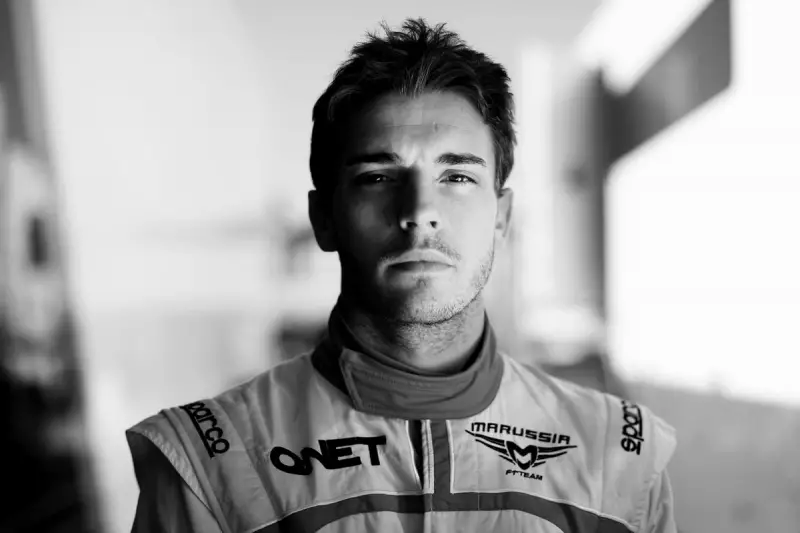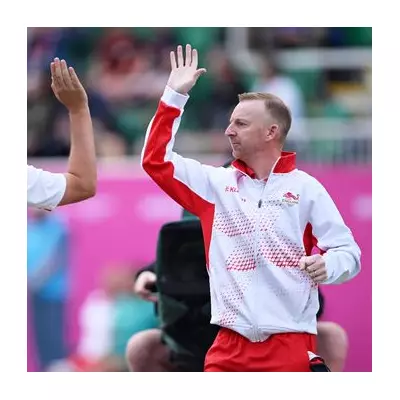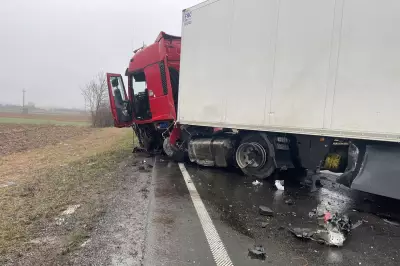
It has been a decade since the motorsport world was left in shock by the tragic accident that claimed the life of rising Formula 1 star Jules Bianchi. The French driver, just 25 at the time, suffered severe head injuries during the 2014 Japanese Grand Prix after colliding with a recovery vehicle in wet conditions.
Bianchi's death nine months later marked the first fatality in F1 since Ayrton Senna's crash in 1994, sending shockwaves through the racing community and prompting significant safety reforms.
The Fateful Day at Suzuka
On October 5, 2014, as Typhoon Phanfone approached the Suzuka circuit, Bianchi lost control of his Marussia car at the same corner where Adrian Sutil had crashed moments earlier. His vehicle slid off the track and underneath a tractor crane that was recovering Sutil's car.
"I remember it like it was yesterday," said Max Chilton, Bianchi's teammate at Marussia. "The conditions were terrible, but we were all pushing hard. What happened to Jules changed everything."
Legacy of Safety Improvements
Bianchi's accident led to sweeping changes in F1 safety protocols:
- Introduction of the Virtual Safety Car system
- Stricter rules about deploying recovery vehicles during races
- Improved cockpit protection leading to the halo device
- Enhanced medical response procedures
"Jules' accident was a wake-up call," said FIA president Jean Todt. "While we can never eliminate all risk, we've made the sport significantly safer in his memory."
A Promising Career Cut Short
Bianchi, a Ferrari Academy product, was widely regarded as one of the most promising talents of his generation. His performance at Monaco in 2014, where he scored Marussia's first ever championship points, had marked him as a future star.
"He had that special something," recalled former team principal John Booth. "The way he adapted to conditions, his technical feedback - he was destined for great things."
As the F1 circus returns to Suzuka this year, drivers will pause to remember their lost colleague - and reflect on how his tragedy made their sport safer for generations to come.





